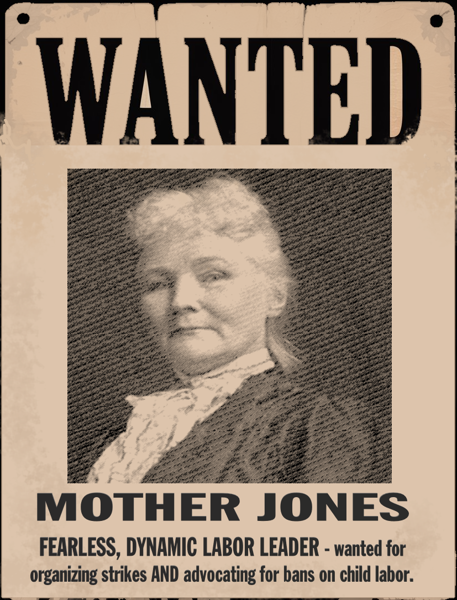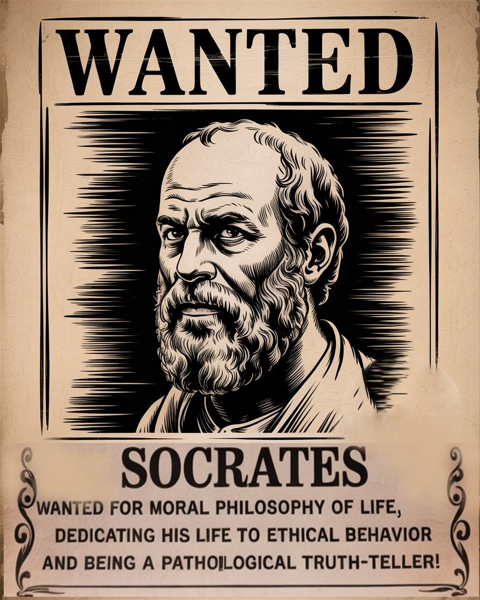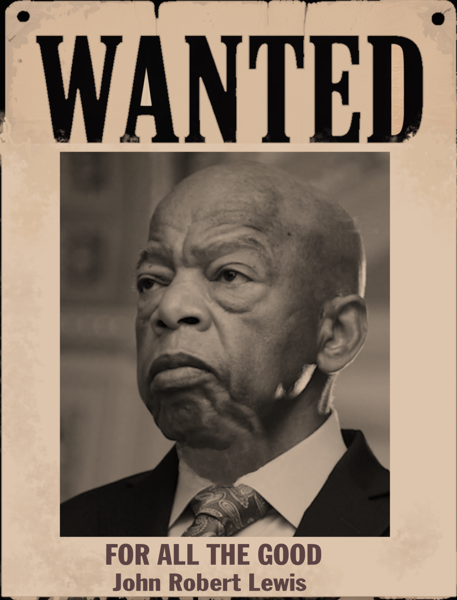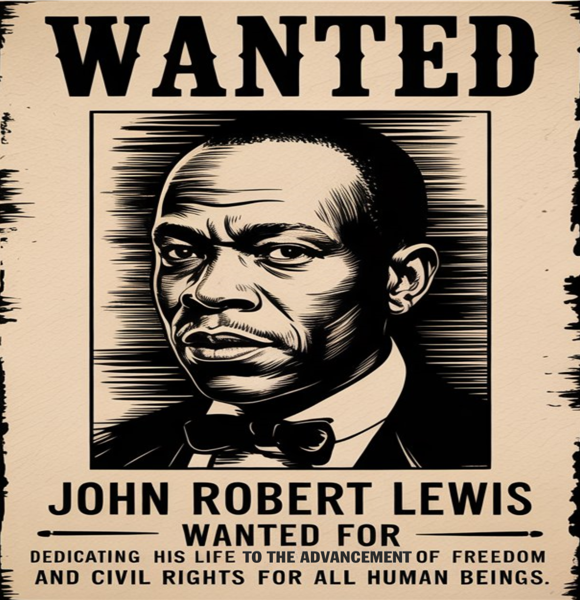John Robert Lewis
Human rights advocate, civil rights activist, and political leader.
Related albums

Mother Jones
1 photo

Emma Goldman
1 photo

Socrates
1 photo
John Robert Lewis: A Legacy of Courage and Change
JOHN ROBERT LEWIS was a towering figure in the American civil rights movement, known for his unwavering commitment to justice and nonviolent protest. Born to sharecroppers on February 21, 1940, in Troy, Alabama, Lewis went to segregated schools in the Jim Crow-era South, where he experienced firsthand the brutal realities of racism and discrimination. Inspired by the teachings of Mahatma Gandhi and the activism of Martin Luther King Jr., and by Rosa Parks in particular when just 14 years old. Lewis became a key leader in the struggle for civil rights and as Rep. John Lewis, an icon of the civil rights movement, found himself fighting for his life in 2020; that is when he said these indelible words: “We have made too much progress. We are not going back. We are going forward!”
Lewis’s activism began in the 1960s when he joined the Student Nonviolent Coordinating Committee (SNCC), where he played a pivotal role in organizing sit-ins, freedom rides, and voter registration drives. At 21 years old, he was one of the original “Freedom Riders” in 1961, risking being murdered by white supremacists as were three civil rights activists murdered in Mississippi in 1964: James Chaney, Andrew Goodman, and Michael Schwerner. Lewis’ courage and determination were evident during the historic Selma to Montgomery marches in 1965, where he was brutally beaten by police on “Bloody Sunday” at the Edmund Pettus Bridge. This violent confrontation galvanized public support for the Voting Rights Act, which was signed into law on August 6, 1965. In the years since his death, the Civil Rights Act has been “gutted” with the U.S. Supreme Court dismantling a key provision of the Voting Rights Act in 2023, leading to, a few hours later, Texas and Alabama lawmakers announcing plans to implement strict voter ID laws that had been blocked by federal court. Louisiana’s rejection of Section 2 of the Voting Rights Act will be reargued before SCOTUS in the fall of 2025, and a decision is likely to follow sometime in 2026.
Throughout his life, John Robert Lewis remained a steadfast advocate for social justice, speaking out against inequality and injustice in all its forms. He served as a U.S. Congressman for Georgia’s 5th congressional district from 1987 until his death in 2020, using his platform to champion civil rights, healthcare, and education. He was also referred to by his peers as the “conscience of congress.”
“I love him with all my heart,” my co-author told me, and as I write all this, these words,… tears are streaming down my face (I really love this job.).
John Robert Lewis’s legacy is one of courage, resilience, and an unyielding commitment to the principles of justice and equality. His famous words, “Never, ever be afraid to make some noise and get in good trouble, necessary trouble,” continue to inspire new generations of activists in the ongoing fight for civil rights. Today John Robert Lewis is the animating force behind the No Kings movement. Every organizing call today centers him, or it should.

